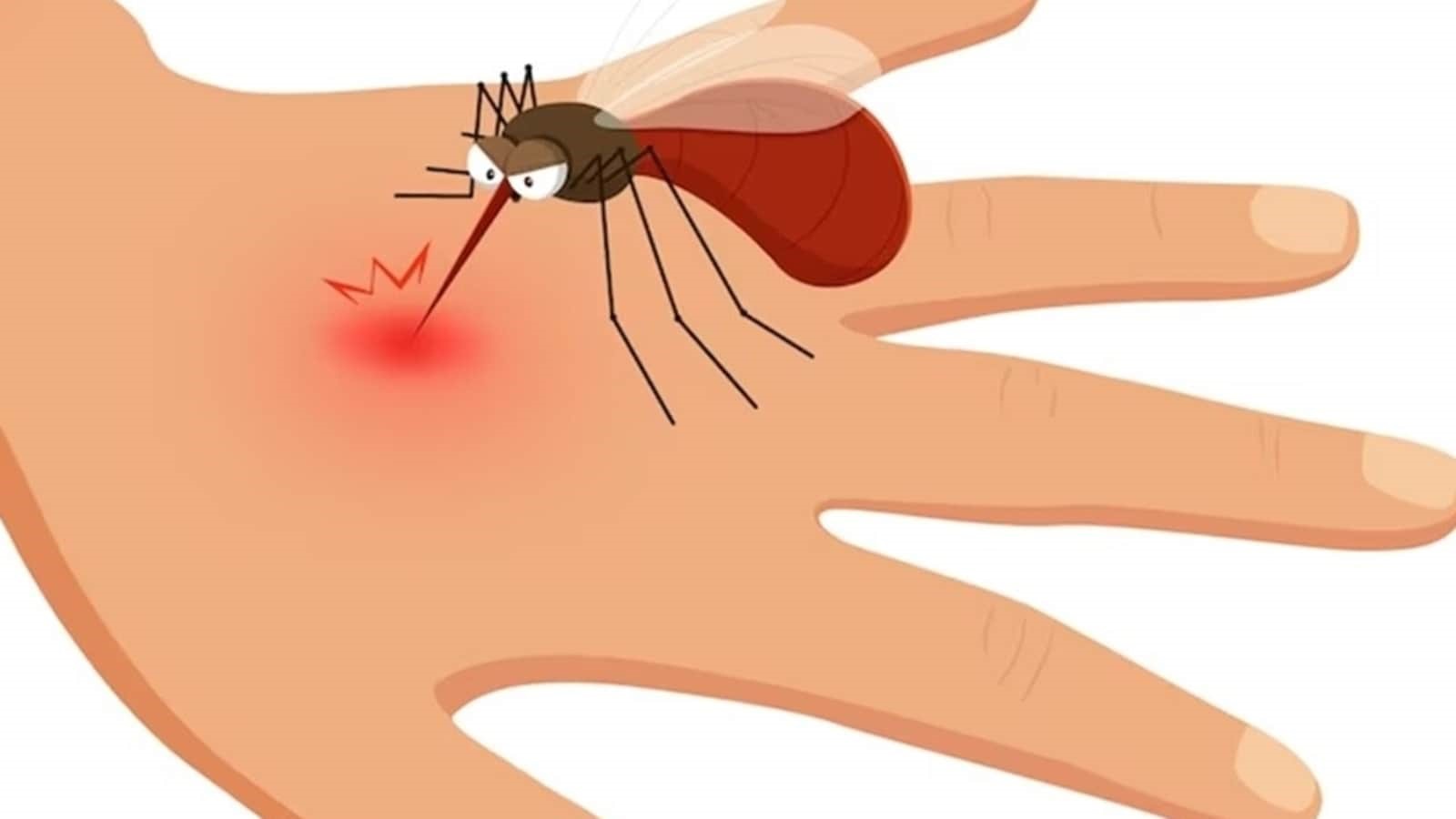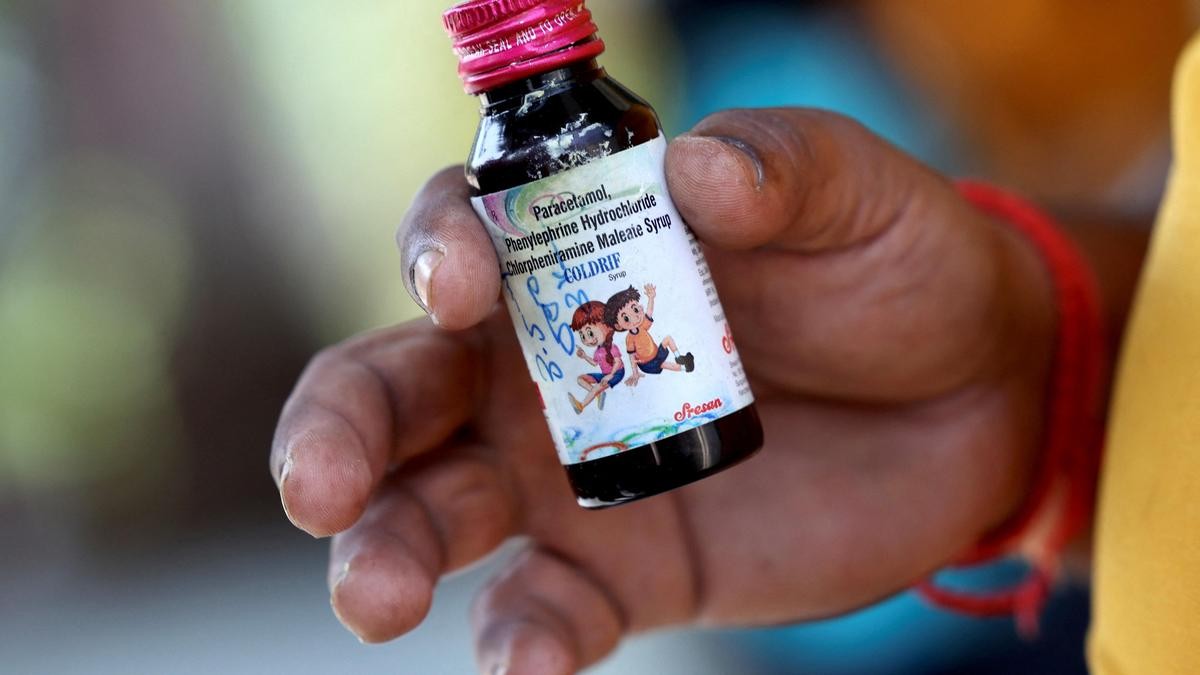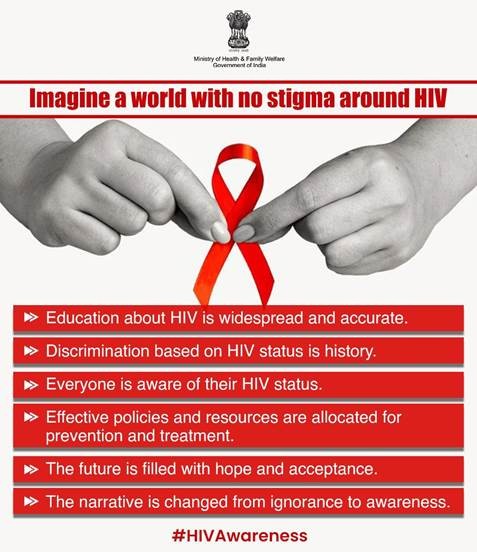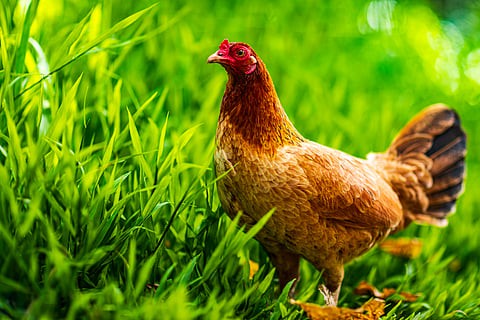Description

Source: HindustanTimes
Disclaimer: Copyright infringement not intended.
Context
- Latin America and the Caribbean are experiencing a significant surge in dengue cases, with more than 5.9 million cases reported between January and April 2024, compared to 4.4 million in all of 2023.
- This surge is attributed to various factors, including soaring global temperatures, extreme weather events, rapid urbanization, and challenges in vaccine development
Details
Factors Contributing to Dengue Surge
- Climate Change:
- Rising temperatures create ideal conditions for mosquito vectors to thrive, extending the mosquito season and increasing dengue transmission.
- The region has warmed by an average of 0.2 degrees Celsius per decade over the past 30 years, leading to more frequent and intense extreme weather events.
- Extreme Weather Events:
- Events like El Niño exacerbate temperature increases and disrupt weather patterns, leading to abnormal rainfall, storms, flooding, and rising sea levels.
- These events create breeding grounds for mosquitoes, contributing to the proliferation of dengue vectors.
- Rapid Urbanization:
- Urban areas, particularly shantytowns, provide ample breeding sites for mosquitoes due to standing water and poor waste management.
- Lack of basic plumbing and waste collection services exacerbates mosquito proliferation, increasing the risk of dengue transmission.
Current Situation in Latin America
- Brazil:
- Worst affected country, with over 4.2 million cases reported in 2024, resulting in more than 2,000 deaths.
- Several states have declared a state of emergency, with field hospitals established to accommodate patients.
- Peru and Puerto Rico:
- Both countries have declared a state of emergency in response to a spike in dengue cases.
- Significant increases in suspected cases and deaths compared to previous years have been reported.
- Other Countries:
- Central American countries, Mexico, Argentina, Uruguay, and Chile are also experiencing surges in dengue cases.
- Some regions are witnessing outbreaks for the first time or after long periods of no transmission.

Dengue Vaccine Development
Challenges in Vaccine Development:
- Dengue virus has four distinct serotypes (DENV-1, DENV-2, DENV-3, and DENV-4), making vaccine development complex.
- Protection against one serotype can potentially increase susceptibility to severe disease upon subsequent infection with a different serotype.
- Developing a vaccine that provides broad and durable protection against all four serotypes is a significant challenge.
Existing Vaccines:
Qdenga (Takeda Pharmaceuticals):
- A Japanese-made vaccine that protects against all four dengue serotypes.
- Expensive: Costs about $115 per dose in Europe and $40 in Indonesia.
- Brazil negotiated a lower price ($19 per dose) for large-scale purchase and is using it to vaccinate its population.
- However, the available supply may only fully vaccinate a small fraction of Brazil's population due to limited availability.
Dengvaxia (Sanofi Pasteur):
- A French-manufactured vaccine approved for use in individuals aged 9 to 45 who have had a prior dengue infection.
- Provides partial protection against dengue but has limitations, including age restrictions and the requirement of prior infection.
Recent Developments:
New Dengue Vaccine by National Institutes of Health (NIH):
- Brazilian researchers announced promising results from a clinical trial of a new dengue vaccine developed by the NIH.
- The vaccine uses live, weakened forms of all four dengue virus serotypes, providing strong immunity against the disease.
- Licensed for development by Instituto Butantan in Brazil, the vaccine offers potential advantages over existing vaccines.
- While it may address some limitations of previous vaccines, it is not expected to be rolled out at a national scale in Brazil for at least a couple of years.
Serum Institute of India (SII):
- SII, the world's largest vaccine maker, is also developing a single-shot dengue vaccine based on NIH research.
- The vaccine aims to provide broad protection against all four dengue virus serotypes.
- Currently undergoing testing, the SII vaccine represents another potential breakthrough in dengue vaccine development.
Must Read Articles:
Dengue
Sources:
IndianExpress
|
PRACTICE QUESTION
Q. The record dengue surge in Latin America and the Caribbean is driven by a combination of factors, including climate change, extreme weather events, rapid urbanization, and challenges in vaccine development. Comment. (150 words)
|











